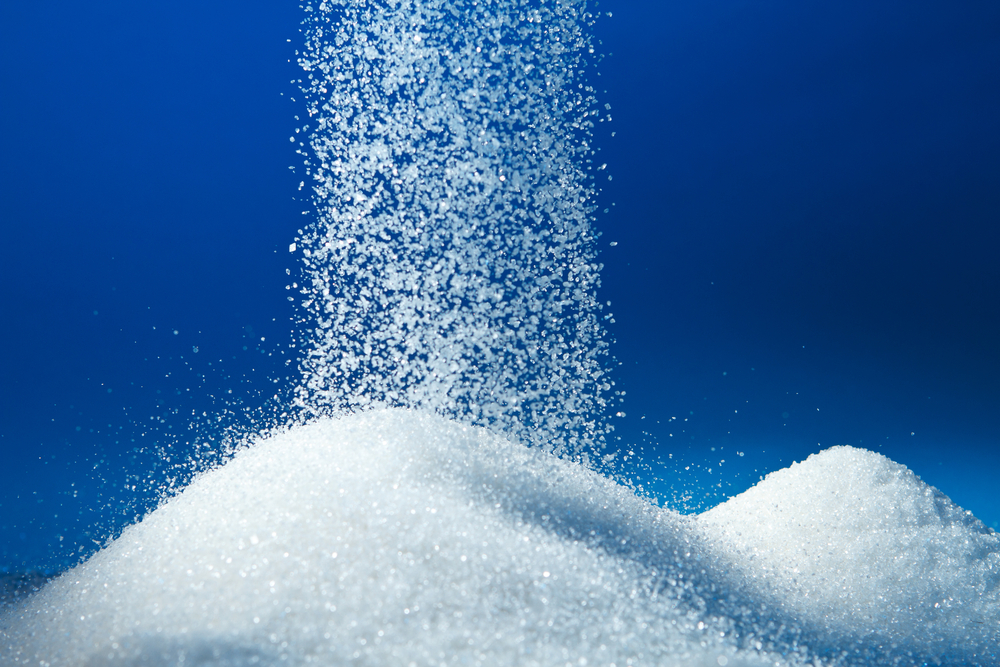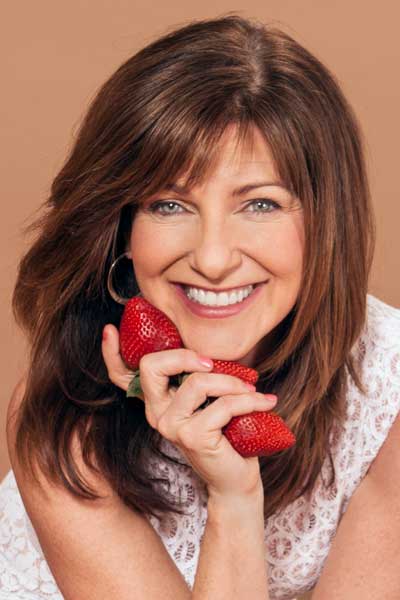Just Say No to Added Sugars

When my kids were younger, they couldn't understand why they weren't allowed to have soft drinks as freely as some of their friends were. It was an ongoing battle. But I really believed it was important to limit their sugar consumption. Soft drinks are loaded with fructose, a type of sugar. And although fructose and other natural sugars aren't inherently bad, studies have found that consuming too much can be detrimental to your health.
A 2002 study in the journal Neuroscience found that a high-fat diet rich in refined sugars may contribute to memory loss in addition to causing insulin resistance, which leads to metabolic syndrome and Type 2 diabetes.
Another study, in the Journal of the American Medical Association in 2001, found that people who got more than 25 percent of their calories from sugar were twice as likely to have low levels of good HDL cholesterol. (It's responsible for keeping artery-clogging LDL cholesterol levels in check.)
And a more recent study in the Journal of the American Medical Association found that fructose may trigger changes in the brain that lead to overeating.
So it's probably a good idea to limit excess sugar in our diet. According to American Heart Association guidelines, we should get no more than 5 percent of our total daily calories from added sugar.
Here are some tips for cutting the sugar in your diet:
- Eliminate soft drinks and juices. It's not just colas that are packed with fructose. There are also added sugars in many fruit juices. If you must drink juice, opt for one that has "no added sugar."
- Don't blindly trust "natural" options. Just because something is natural doesn't mean it isn't loaded with sugar. Honey, agave and maple syrup are great examples. If you overindulge, you'll be getting lots more fructose than your body needs. Just one tablespoon of honey contains about 17 grams of sugar.
- Go easy on the condiments. Ketchup is a surprising source of sugar for most people. Because tomatoes can be very acidic, sugar is used to balance the flavor.
- Always read labels. Corn sweetener, corn syrup, high-fructose corn syrup, fructose, sucrose and dextrose are all types of sugar. Food ingredients are listed in descending order on a food label, so if high-fructose corn syrup is the first ingredient listed, that means there's more sugar than any other ingredient in your food or beverage.
Healthy Bites appears on MyHealthNewsDaily on Wednesdays. Deborah Herlax Enos is a certified nutritionist and a health coach and weight loss expert in the Seattle area with more than 20 years of experience. Read more tips on her blog, Health in a Hurry!
Get the world’s most fascinating discoveries delivered straight to your inbox.



